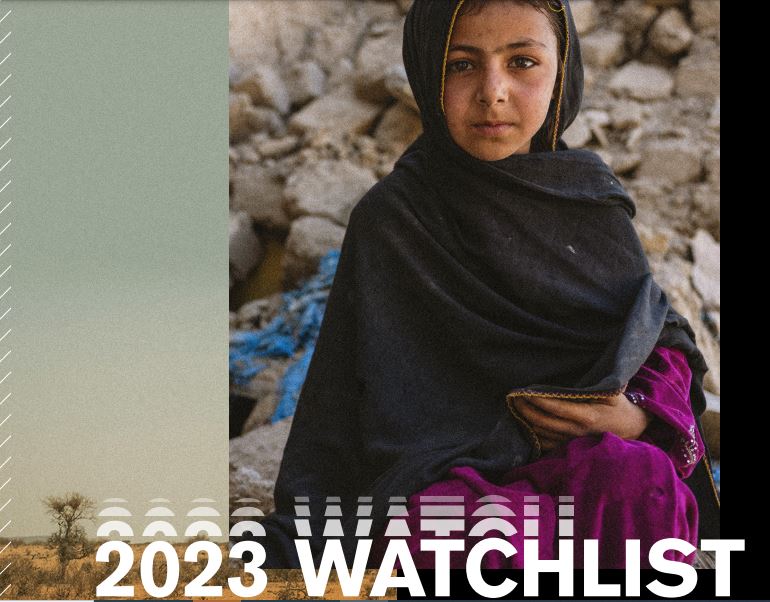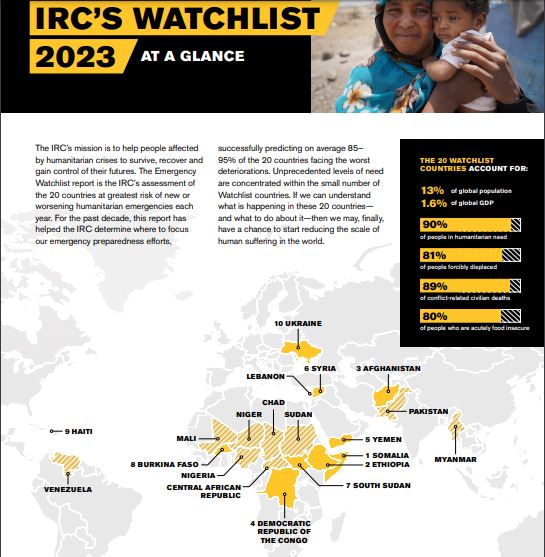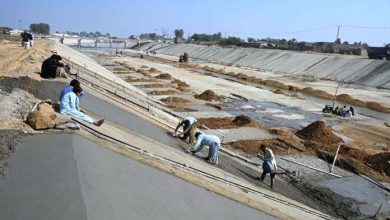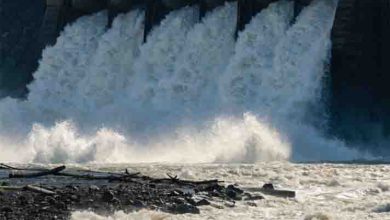World in 2023 to Face the Worst Threats Devastated by #ClimateChange: IRC
IRC calls for "proactive investments in climate change prevention and mitigation."
- IRC calls for “proactive investments in climate change prevention and mitigation.”
- Climate financing continues to lag behind the extreme effects of the climate catastrophes in Watchlist and other conflict-affected countries
- The world is failing to prepare Watchlist countries to adapt to climate change threats.
- Somalia, Ethiopia and Afghanistan top on IRC’s Emergency Watchlist 2023
Islamabad: The world in 2023 will face the worst risks of deteriorating humanitarian crises deepened by #ClimateChange, armed conflict and economic downturn states a report compiled by the NGO International Rescue Committee (IRC).

According the report “Emergency Watchlist 2023” #ClimateChange is contributing to humanitarian crises worldwide, with climate-related disasters driving increased levels of risks and vulnerability.
The past eight years are on track to be the eight warmest on record and 2022 is estimated to be among the hottest, states the report.
Of the 15 countries most vulnerable to the climate crisis, 12 had an internationally led humanitarian response, report adds.
By the end of the century, deaths from extreme heat are projected to be comparable in magnitude to all cancers or all infectious diseases.
Extreme weather events have been a key accelerator of humanitarian need in many watchlist countries.
Climate change is among the main reason accelerating humanitarian emergencies, the IRC noted, despite the fact that the 20 countries on its emergency watchlist — like Haiti and Afghanistan — contribute just 2% to global CO2 emissions.
“2022 has shown that the role of climate change in accelerating the global humanitarian crisis is undeniable,” the report noted.
Report also pointed to record-long periods of rains, which has “brought catastrophic food insecurity to Somalia and Ethiopia,” and killed thousands in Pakistan.

The IRC also flagged to need to more “proactively invest in climate change prevention and mitigation.”
Meanwhile, food insecurity is already rife due to growing conflict as well as the economic crisis sparked by Russia’s invasion of Ukraine and the coronavirus pandemic, it said.
In addition, the gap between humanitarian needs and its financing has grown to a global deficit of $27 billion as of November 2022.
“Donors are failing to respond proportionately,” the report said. “The result is that communities affected by the crisis are unable to access the services they need to survive, recover and rebuild.”
International Rescue Committee (IRC) is based in New York and led by former UK politician David Miliband.
The International Rescue Committee responds to the world’s worst humanitarian crises, helping to restore health, safety, education, economic wellbeing, and power to people devastated by conflict and disaster. Founded in 1933 at the call of Albert Einstein, the IRC works in more than 40 countries and in 28 U.S. cities helping people to survive, reclaim control of their future, and strengthen their communities.
By : M.A.







